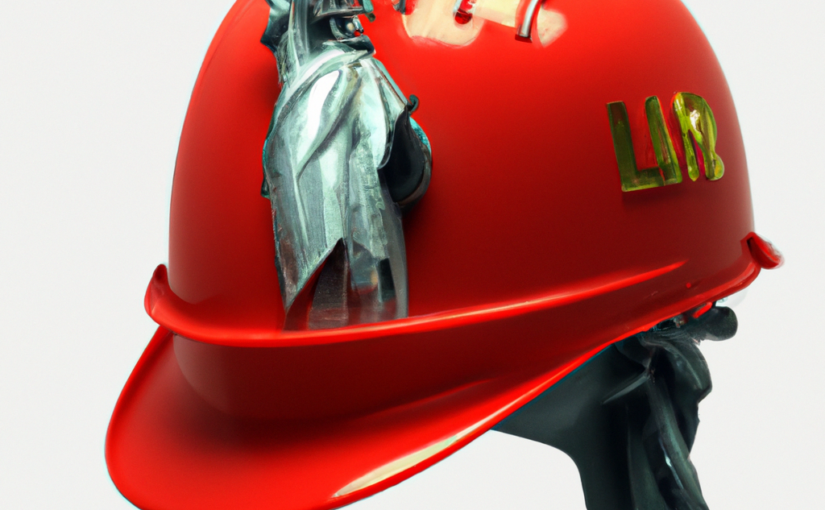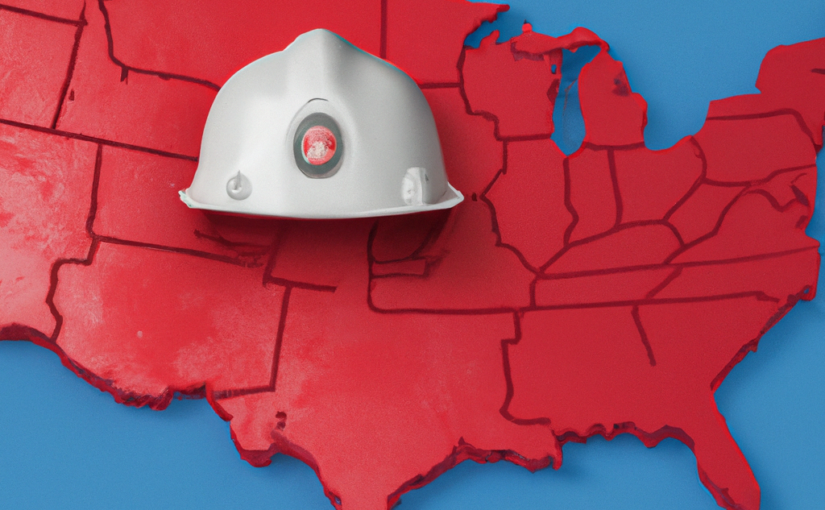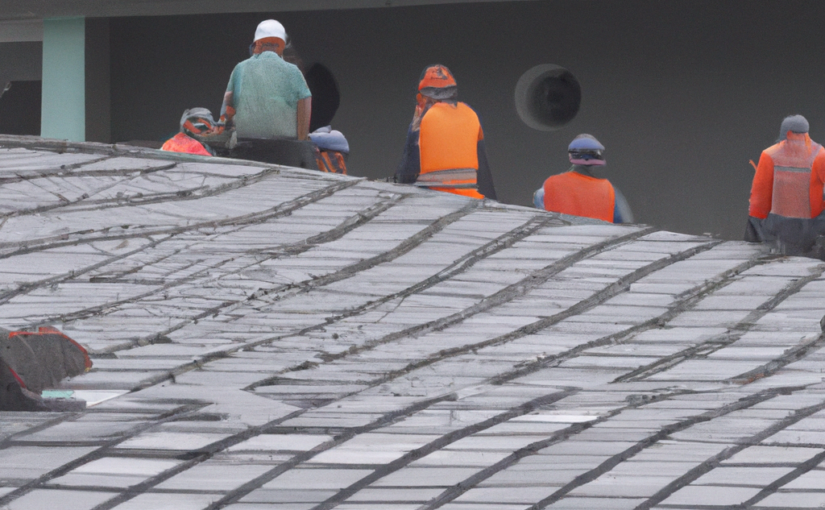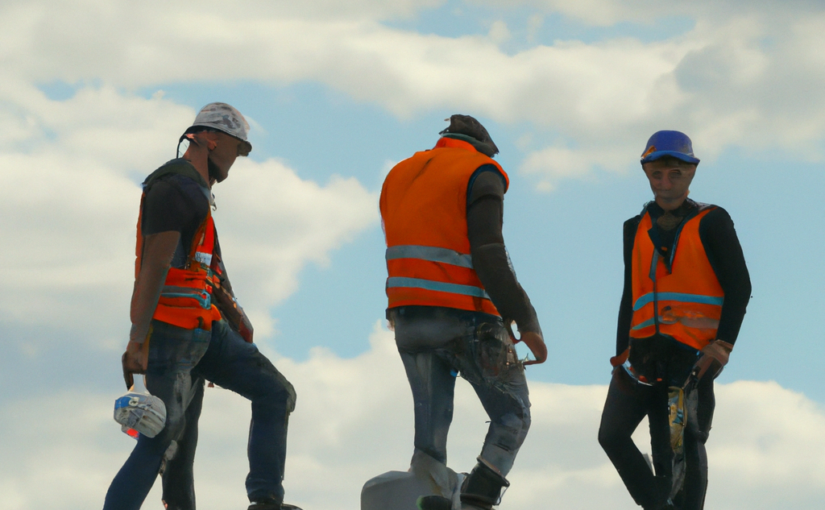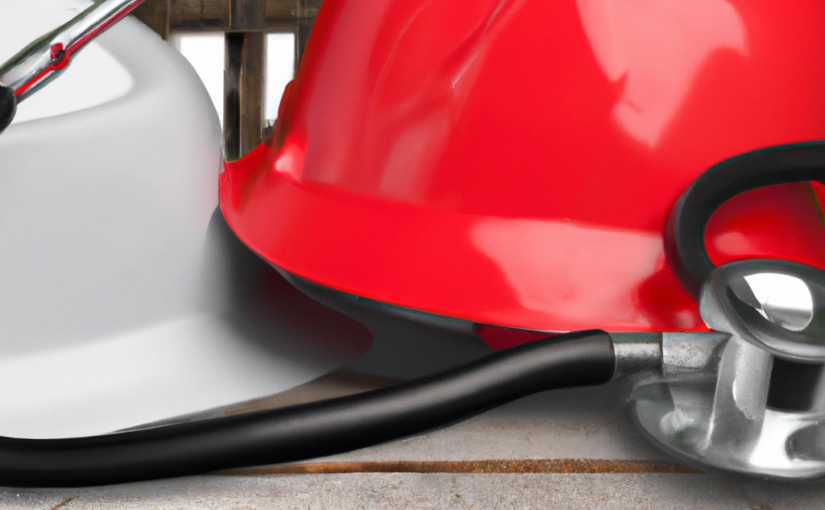Construction is one of the most hazardous industries, with a high risk of workplace accidents and injuries. If you need help with a workers’ comp claim, please contact us for a free consultation at 844–682‑0999.
It is crucial for employers to take proactive measures to prevent workers’ compensation claims. Reducing the risk of accidents and injuries not only improves the safety of workers but also saves employers money in the long run. In this article, we will discuss the importance of employer involvement in workers’ comp claims prevention and best practices for employers to reduce workers’ comp claims in construction.
The Role of Employers in Reducing Workers’ Comp Claims in the Construction Industry.
The Importance of Employer Involvement in Workers’ Comp Claims Prevention
Employers play a vital role in preventing workplace accidents and injuries. They are responsible for providing a safe working environment and ensuring that their employees receive proper training and equipment. Employers who are actively involved in workers’ comp claims prevention not only reduce the risk of injuries but also show their commitment to the well-being of their employees.
One of the most effective ways for employers to prevent workers’ comp claims is to establish a safety program. This program should include regular safety meetings, hazard assessments, and employee training on how to identify and prevent workplace hazards. Employers should also provide their employees with protective equipment, such as hard hats, safety goggles, and earplugs, to reduce the risk of injuries.
Another way employers can reduce workers’ comp claims is by promoting a culture of safety in the workplace. This means encouraging employees to report hazards and near misses and providing them with the necessary resources to do so. Employers should also incentivize employees for following safety protocols and taking proactive measures to prevent injuries.
Best Practices for Employers to Reduce Workers’ Comp Claims in Construction
- Develop a Safety Program: Employers should establish a comprehensive safety program that includes regular safety meetings, hazard assessments, and employee training.
- Provide Protective Equipment: Employers should provide their employees with the necessary protective equipment, such as hard hats, safety goggles, and earplugs.
- Promote a Culture of Safety: Employers should encourage employees to report hazards and near misses and incentivize them for following safety protocols.
- Conduct Regular Safety Inspections: Employers should conduct regular safety inspections to identify workplace hazards and take proactive measures to prevent accidents and injuries.
- Educate Employees on the Risks: Employers should educate their employees on the risks associated with their job duties and how to prevent injuries.
Employer: Improved Results
Employers who prioritize safety in the workplace can experience significant cost savings over the long run. Here are a few ways that investing in workplace safety can reduce costs for employers:
- Reduced workers’ compensation claims: When employees are injured on the job, they may be entitled to file a workers’ compensation claim. These claims can be costly for employers, as they may need to pay for medical expenses, lost wages, and other related costs. By prioritizing safety in the workplace, employers can reduce the likelihood of on-the-job injuries, which can in turn reduce the number of workers’ compensation claims and related costs.
- Lower insurance premiums: Employers are typically required to carry workers’ compensation insurance, which can be expensive. Insurers often base premiums on the number of claims an employer has had in the past, as well as the severity of those claims. By implementing safety programs and reducing the number of workplace injuries, employers can lower their insurance premiums over time.
- Improved productivity: When employees are injured on the job, they may need to take time off work to recover. This can result in decreased productivity and increased costs for employers, as they may need to hire temporary workers or pay overtime to other employees to make up for the lost productivity. By preventing workplace injuries and keeping employees healthy, employers can maintain high levels of productivity and reduce associated costs.
- Enhanced reputation: Employers who prioritize safety in the workplace can also benefit from an enhanced reputation. When employees feel safe and valued, they may be more likely to stay with a company for the long term, reducing recruitment and training costs. In addition, employers with strong safety records may be more attractive to potential customers or clients, which can result in increased business and revenue over time.
Overall, prioritizing safety in the workplace can have a significant impact on an employer’s bottom line. By investing in safety programs, protective equipment, and employee education, employers can reduce the number of workplace injuries and associated costs, while also improving productivity, enhancing their reputation, and creating a safer and healthier work environment for all employees.
By implementing these best practices, employers can reduce the risk of workplace accidents and injuries and ultimately reduce workers’ comp claims in construction.
Takeaways
In conclusion, employers play a crucial role in preventing workers’ comp claims in the construction industry. By establishing a safety program, providing protective equipment, promoting a culture of safety, conducting regular safety inspections, and educating employees on the risks associated with their job duties, employers can reduce workplace accidents and injuries. This not only improves the safety of workers but also saves employers money in the long run.
Top 5 Related Topics
- Workers’ Compensation Claims in the Construction Industry
- Workplace Safety in Construction
- Occupational Hazards in the Construction Industry
- Construction Industry Injuries and Prevention Measures
- Employer Responsibility in Workers’ Compensation Claims
More Questions ?
- “Construction Industry Safety Practices for Employers”
- “Reducing Workers’ Comp Claims in Construction”
- “Preventing Workplace Accidents in Construction”
- “Effective Workers’ Comp Claims Prevention Strategies for Employers”
- “Employer Involvement in Workers’ Comp Claims Reduction”

